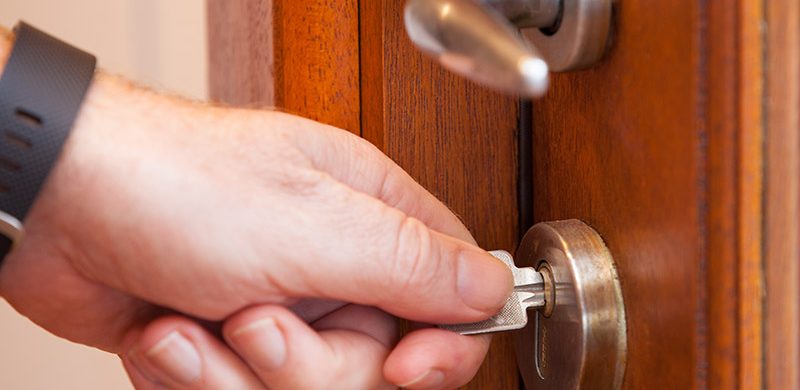
Updated: 6/2/23
Foreclosure is a difficult and protracted process which homeowners hope never to experience. For many, the end of foreclosure is only the beginning of a new nightmare. Many homeowners, for example, leave their homes during proceedings—perhaps on a business trip or to visit family—only to return and find that the foreclosure is complete and they’ve been locked out of their homes.
Understanding Foreclosure and Its Aftermath
Foreclosure is a complex process that homeowners hope never to experience. Unfortunately, for many, the end of foreclosure marks the beginning of a new set of challenges. It’s not uncommon for homeowners to leave their homes temporarily during proceedings, only to return and find that the foreclosure is complete and they’ve been locked out of their homes.
Legal Justifications for Lender Possession
While it may seem abrupt, lenders are often legally justified in taking possession of the home after foreclosure. However, they must follow a number of steps before they can bar homeowners from the premises. As a homeowner, it’s crucial to verify whether the bank has complied with standard procedure before walking away from your home or your belongings.
Key Documents in the Foreclosure Process
The foreclosure process involves several key documents. The property remains in your possession until the foreclosure action has been carried through to its conclusion. The title may not be transferred back to the lender until the property has sold and a Certificate of Sale has been issued.
Once the sale has taken place and all proceeds are collected, you have ten days before the Clerk of Circuit Court issues a Certificate of Title, stating that the property belongs to the new owner. Even after the bank has sold the property and obtained a certificate of title, in the state of Florida, the new owner must apply for a writ of possession.
Once the writ is granted, the Clerk issues it, and generally, a sheriff will notify you that you’ve been divested of the property and are expected to leave the premises within 24 hours.
Homeowner Rights and Lender Obligations
It’s important to note that your lender cannot kick you out of the premises before following these procedures. Be sure to double-check that all required paperwork has been filed and that you’ve received proper notification. As a homeowner, you have rights, and it’s essential to understand them.
Steps to Take If Locked Out
If you’ve been locked out of your home, it’s important to act promptly. Immediately contact an experienced foreclosure attorney and explain the particulars of your situation. Navigating the aftermath of foreclosure can be challenging, but with the right legal guidance, you can find a positive solution.
The opinions in this post are solely those of the author. The author takes full responsibility for the content. Like all blog posts, this is offered for general information purposes and does not constitute legal advice.







